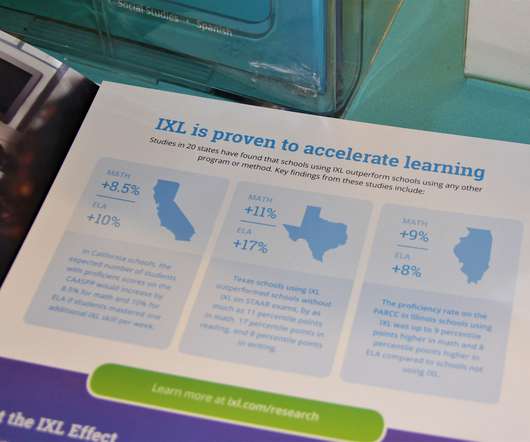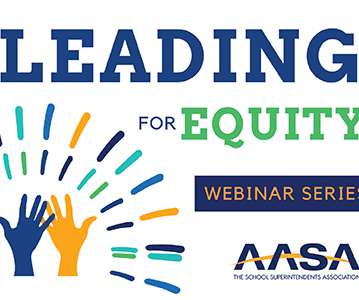Invest in the Workforce of the Future with Data-Driven Collaboration
Digital Promise
DECEMBER 13, 2018
When it comes to job training and career development, we’ve come a long way—but we’re not done yet. By investing in the (Governor’s Workforce Board) programs, we’re building the workforce of the future. One promising pattern shows how investments in CTE programs at the high school level are resulting in higher wages for graduates.



















Let's personalize your content